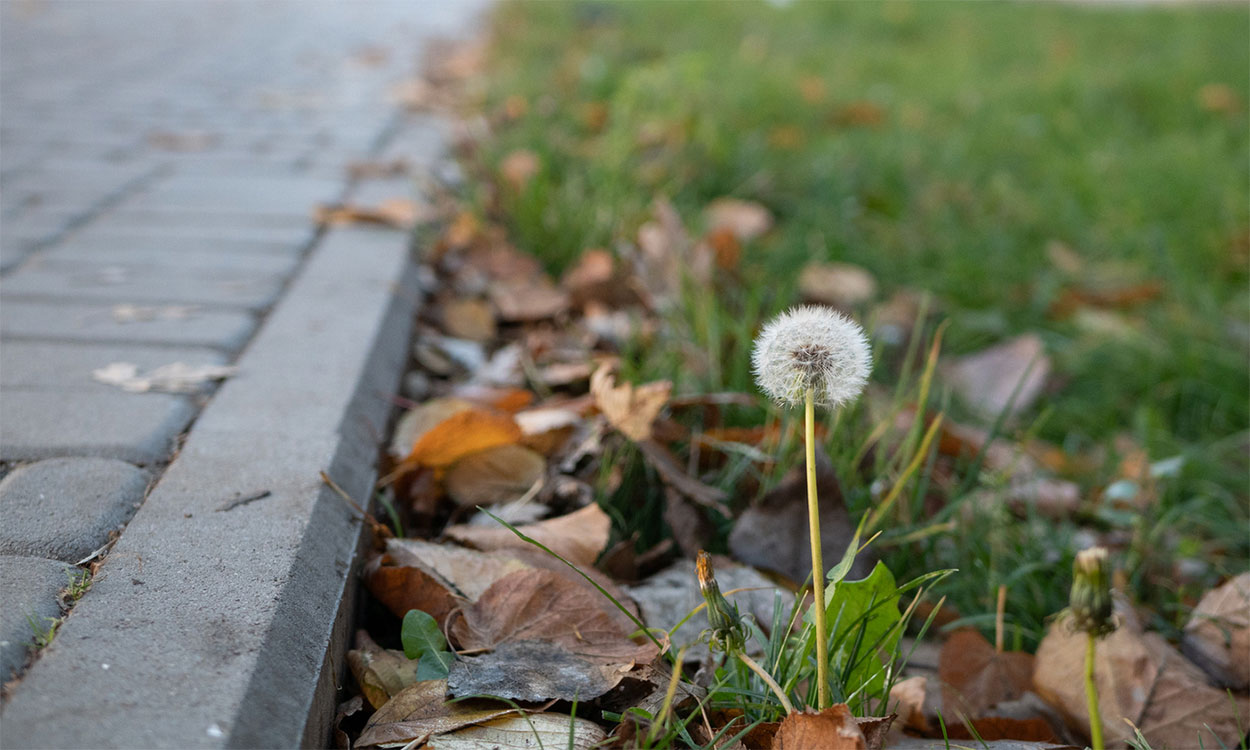Dandelion Root Shows Powerful Potential in Cancer Research, Scientists Report
Once considered nothing more than a persistent weed, the dandelion is now drawing attention in scientific circles for something far more significant: its potential to combat cancer.
In a growing body of laboratory research, dandelion root extract (DRE) has demonstrated promising results in targeting cancer cells without harming healthy tissue. While still in the early stages of scientific investigation, the findings are stirring hope—and curiosity—among researchers exploring safer, plant-based alternatives to conventional cancer therapies.
A Natural Compound with Unexpected Strength
Dandelion root has long been used in traditional medicine for its anti-inflammatory and digestive benefits. But only recently have researchers begun to investigate its possible anti-cancer properties, particularly in lab-based studies focused on aggressive cancers such as melanoma, leukemia, pancreatic, colon, and prostate cancer.
In one noteworthy study conducted at the University of Windsor in Canada, scientists observed that more than 95% of colon cancer cells were destroyed within 48 hours of exposure to dandelion root extract in a petri dish. Importantly, the surrounding healthy cells remained largely unaffected—a sharp contrast to many existing cancer treatments that often damage both cancerous and healthy tissues alike.
Boosting the Body’s Natural Defenses
Beyond cell destruction, researchers found that dandelion root extract may also play a role in slowing tumor growth and stimulating the immune system’s response. In animal studies, those given DRE showed a reduction in tumor size and weight, suggesting the compound may disrupt key proteins that help cancer cells multiply and spread.
Recent experiments have explored even greater effects when DRE is combined with other natural extracts. One such pairing—with lemongrass extract—appeared particularly effective against prostate cancer cells, opening the door to multi-compound botanical approaches in cancer treatment.

Hope Tempered by Caution
While these findings are undeniably compelling, scientists are quick to emphasize an important distinction: what works in a lab does not always work in the human body. Laboratory studies often take place under highly controlled conditions that cannot fully simulate the complexities of human biology.
Dr. Siyaram Pandey, lead researcher at the University of Windsor and one of the foremost voices in this field, has consistently urged caution. “These results are promising,” he explains, “but until we conduct large-scale human clinical trials, we cannot say with confidence how this extract behaves in real-world patients.”
Still, Pandey and his team believe the preliminary findings warrant continued investigation. They are currently working toward launching clinical trials to assess the safety, dosage, and long-term impact of DRE in cancer patients.
What This Means for Patients
Understandably, patients battling cancer are often eager to explore new treatments—especially ones that come from natural sources. However, experts warn that no herbal supplement should replace medically-approved therapies. While dandelion root extract appears safe in moderate amounts and is widely available as a dietary supplement, it should never be self-administered as a standalone cancer treatment.
Health professionals encourage those interested in using DRE to consult their doctors, particularly those undergoing chemotherapy, radiation, or immunotherapy, as herbal compounds can interact with medications or affect treatment outcomes.
A Step Toward Plant-Based Oncology?
As scientists continue to investigate the therapeutic potential of plants, dandelion root extract may join a growing list of botanicals under consideration for cancer support. From curcumin (found in turmeric) to resveratrol (found in grapes), the field of natural oncology is rapidly expanding—and DRE could play a valuable role in shaping future treatments that are not only effective but also gentler on the body.
While the path from laboratory discovery to clinical application is long and complex, the early data suggest that this humble root—often overlooked or uprooted without a second thought—may one day contribute to a broader arsenal in the global fight against cancer.
Source:
Research conducted by Dr. Siyaram Pandey and team at the University of Windsor; various peer-reviewed lab studies between 2016–2024.